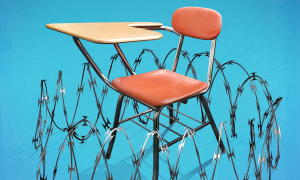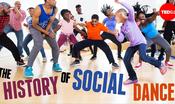publication
Appendix
Survey Questions Where is your school or district located? Which of these best describes your work setting? Elementary school Middle/intermediate school High school Ungraded/Alternative school Comprehensive (K–12) school
April 23, 2019


